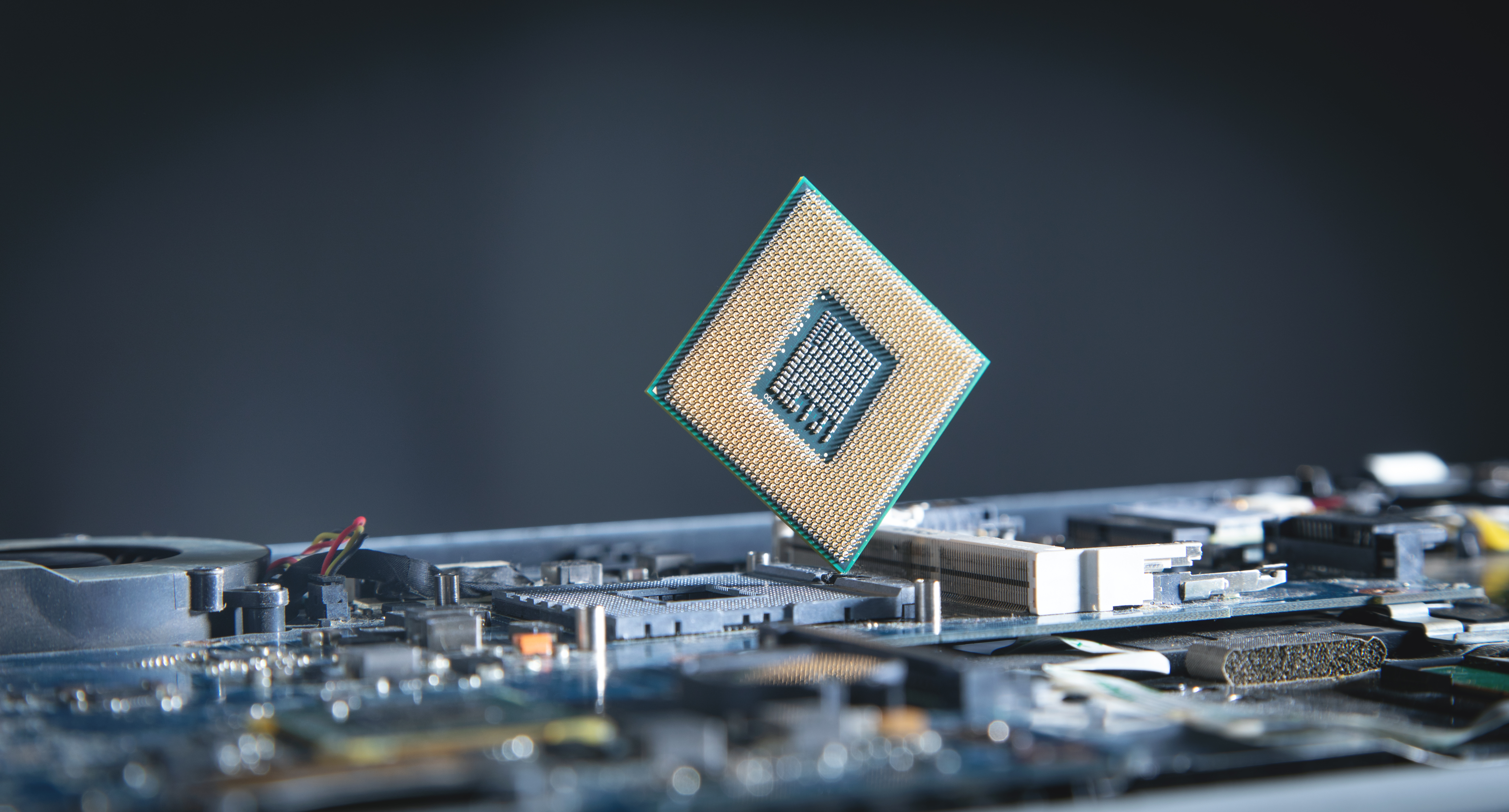Media release
From:
If quantum computing is answering unknowable questions, how do we know they’re right?
Quantum computing promises to solve the seemingly unsolvable in fields such as physics, medicine, cryptography and more.
But as the race to develop the first large-scale, error-free commercial device heats up, it begs the question: how can we check that these ‘impossible’ solutions are correct?
A new Swinburne study is tackling this paradox.
“There exists a range of problems that even the world’s fastest supercomputer cannot solve, unless one is willing to wait millions, or even billions, of years for an answer,” says lead author, Postdoctoral Research Fellow from Swinburne’s Centre for Quantum Science and Technology Theory, Alexander Dellios.
“Therefore, in order to validate quantum computers, methods are needed to compare theory and result without waiting years for a supercomputer to perform the same task.”
The Swinburne team developed methods to validate the outputs of a specific type of quantum computer called a Gaussian Boson Sampler (GBS).
This quantum computer uses photons, which are particles of light, to compute probabilities that would take thousands of years to work out on the world’s fastest supercomputer.
“In just a few minutes on a laptop, the methods developed allow us to determine whether a GBS experiment is outputting the correct answer and what errors, if any, are present.”
To showcase the method, the team validated a recent GBS experiment that would take at least 9,000 years to replicate using existing supercomputers. They found that the GBS probability distribution did not corresponded with what the experiment was trying to replicate, with additional noise present in the experiment that was not analysed.
They must now pivot to finding out whether replicating the alternative distribution is a computationally hard task or if these errors caused the quantum computer to lose its ’quanutmness’.
The answer to this question will pave the way for error-free quantum computers available at a commercial level, which Dellios is hoping to be at the forefront of.
“Developing large-scale, error-free quantum computers is a herculean task that, if achieved, will revolutionise fields such as drug development, AI, cyber security, and allow us to deepen our understanding of the physical universe.
“A vital component of this task is scalable methods of validating quantum computers, which increase our understanding of what errors are affecting these systems and how to correct for them, ensuring they retain their ‘quantumness’.”
Alexander Dellios is available for interview.



 Australia; VIC
Australia; VIC


